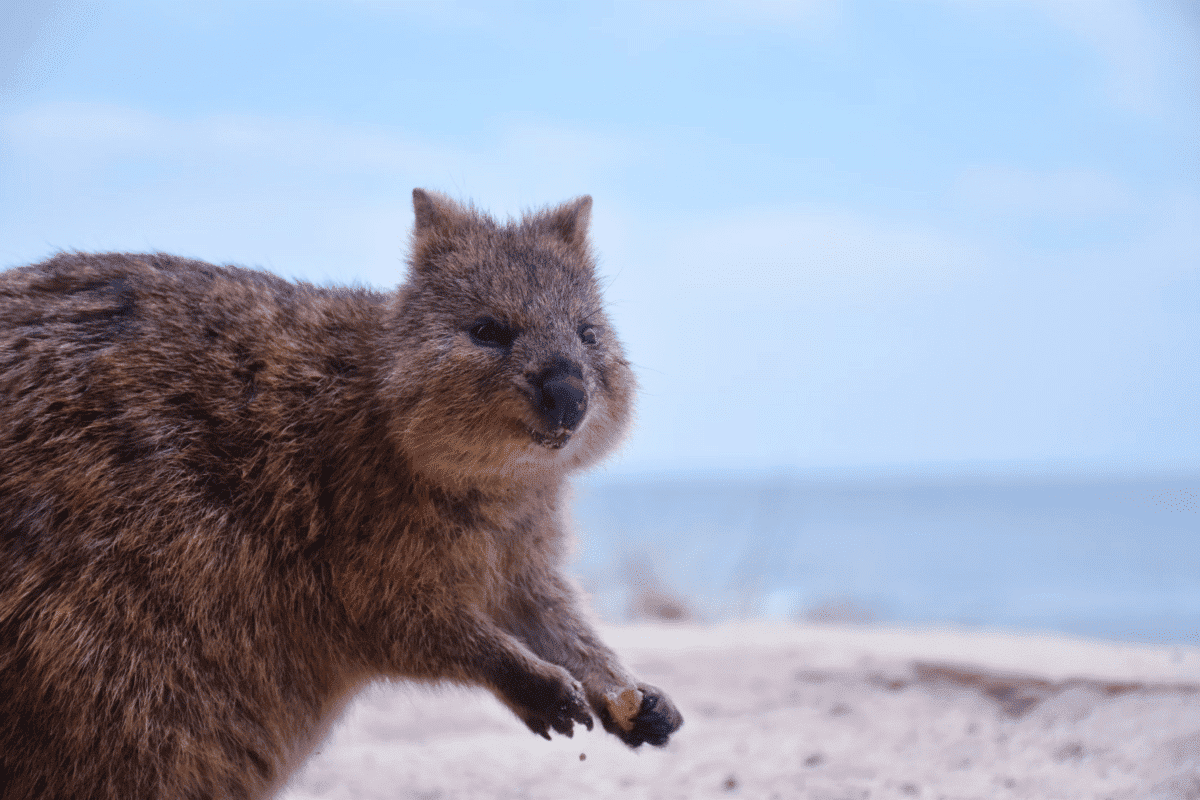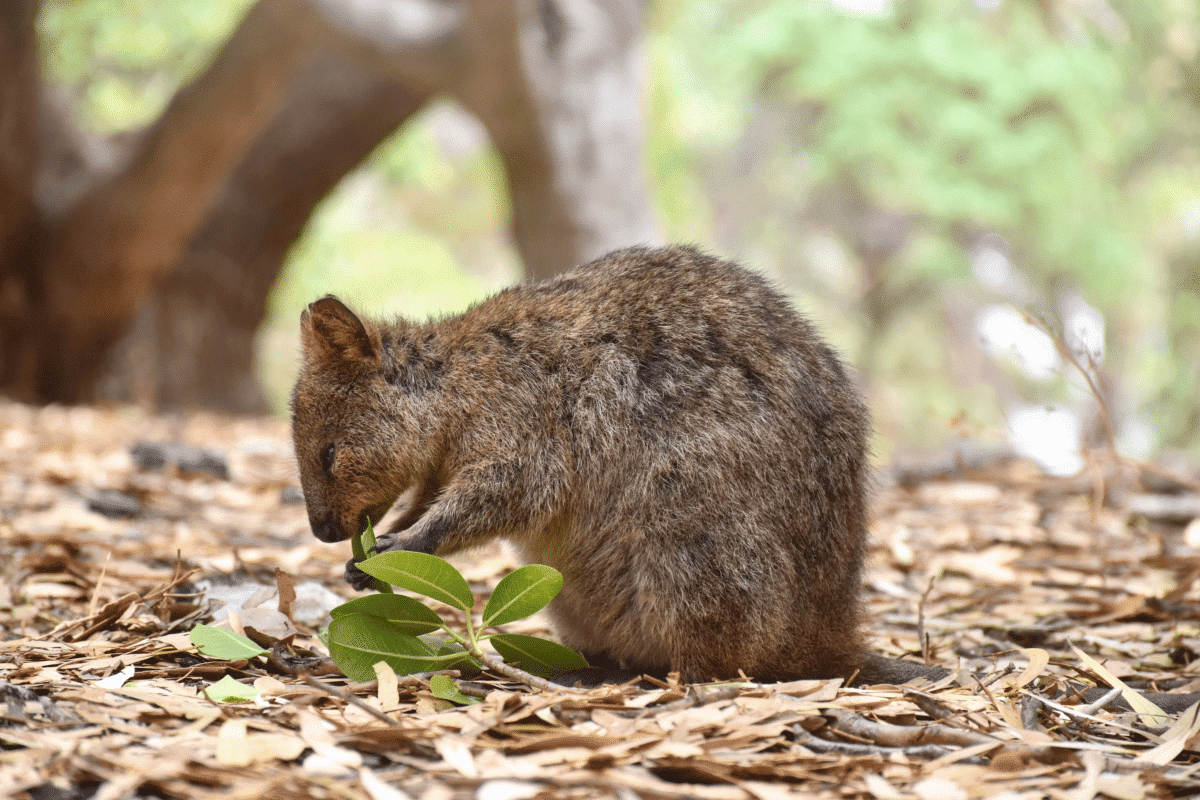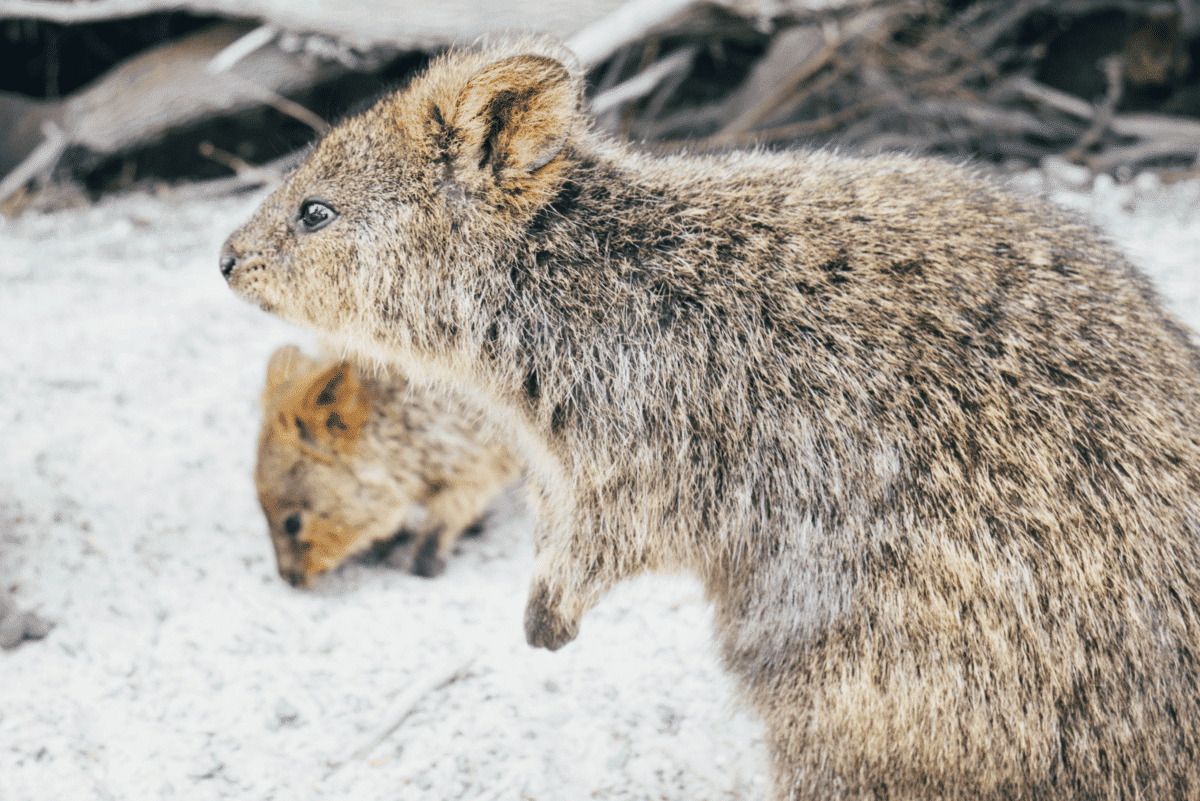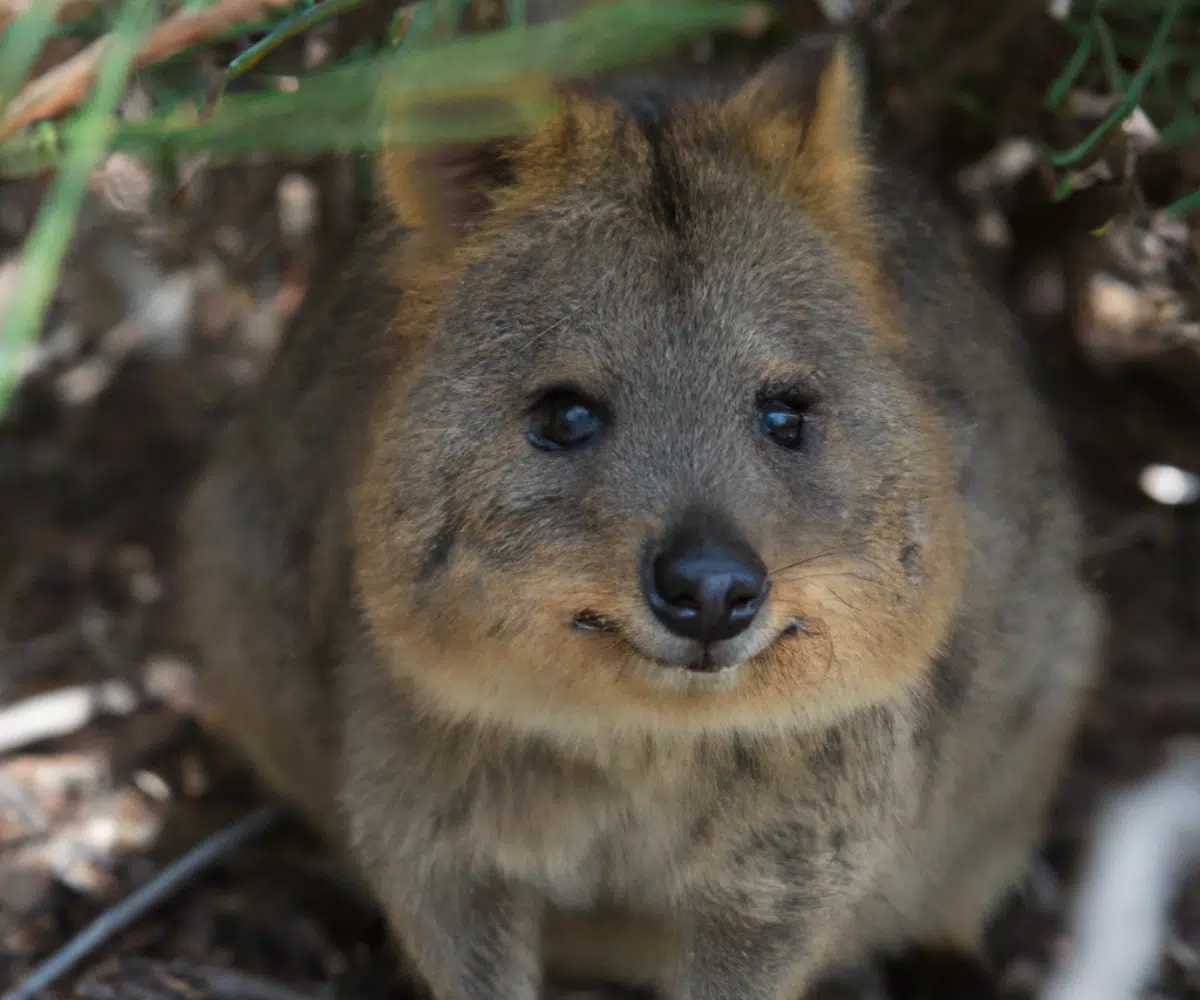Have you ever wondered what it takes to be truly happy? Look no further than the adorable quokka, often dubbed the “world’s happiest animal.” With its charming smile and infectious joy, the quokka has captured the hearts of people worldwide. But what makes this small marsupial from Australia so incredibly cheerful? Let’s dive into the world of the quokka and uncover the secrets behind its perpetual happiness.
Meet the Quokka

Standing at just about the size of a domestic cat, the quokka is a pint-sized marsupial found primarily in the southwestern corner of Australia. These delightful creatures inhabit scrublands and forests, particularly on Rottnest Island, where they roam freely and captivate visitors with their friendly demeanor.
Physical Charms
One of the most striking features of the quokka is its perpetually cheerful expression, earning it the title of the “happiest animal in the world.” With a cute, rounded face and a seemingly constant smile, the quokka’s appearance instantly lifts spirits. Their fur ranges from sandy brown to a reddish hue, providing excellent camouflage in their natural habitat.
Behaviour and Diet

Quokkas are primarily nocturnal creatures, spending their nights foraging for food. They are herbivores, with a diet consisting mainly of grasses, leaves, and succulent plants. Despite their small size, quokkas are excellent climbers and can often be found perched in trees, nibbling on foliage.
Lifespan and Conservation

In the wild, quokkas have an average lifespan of 5-10 years. While not currently considered endangered, these affable animals face threats from habitat loss and introduced predators like foxes and cats. Conservation efforts are underway to protect their habitats and ensure their continued survival.
What to Do if You Spot a Quokka

If you’re lucky enough to encounter a quokka in the wild, consider yourself truly blessed. Remember to maintain a respectful distance and refrain from feeding or touching them, as they are wild animals. Enjoy observing their natural behaviors and take plenty of photos to cherish the moment.
Wrapping Up With Why The Quokka Is The Happiest Animal

In a world filled with challenges and uncertainties, the quokka serves as a reminder of the simple joys that surround us. With its infectious smile and carefree demeanor, this small marsupial teaches us the importance of finding happiness in life’s smallest moments. So, the next time you’re feeling down, take a cue from the quokka and embrace the joy that surrounds you. After all, happiness is often found in the most unexpected places, just like the ever-smiling face of the quokka.
Thank you for following along with this article –
Next up in the animal kingdom:
Join our Forum for free today!

- Kind Elephant Merciful To Lion Cubs - July 22, 2024
- Beachgoers Save Massive Shark Stranded In Florida - July 22, 2024
- Pit Bull Rescued From Being Chained Its Whole Life Gets A Surprise - July 21, 2024

